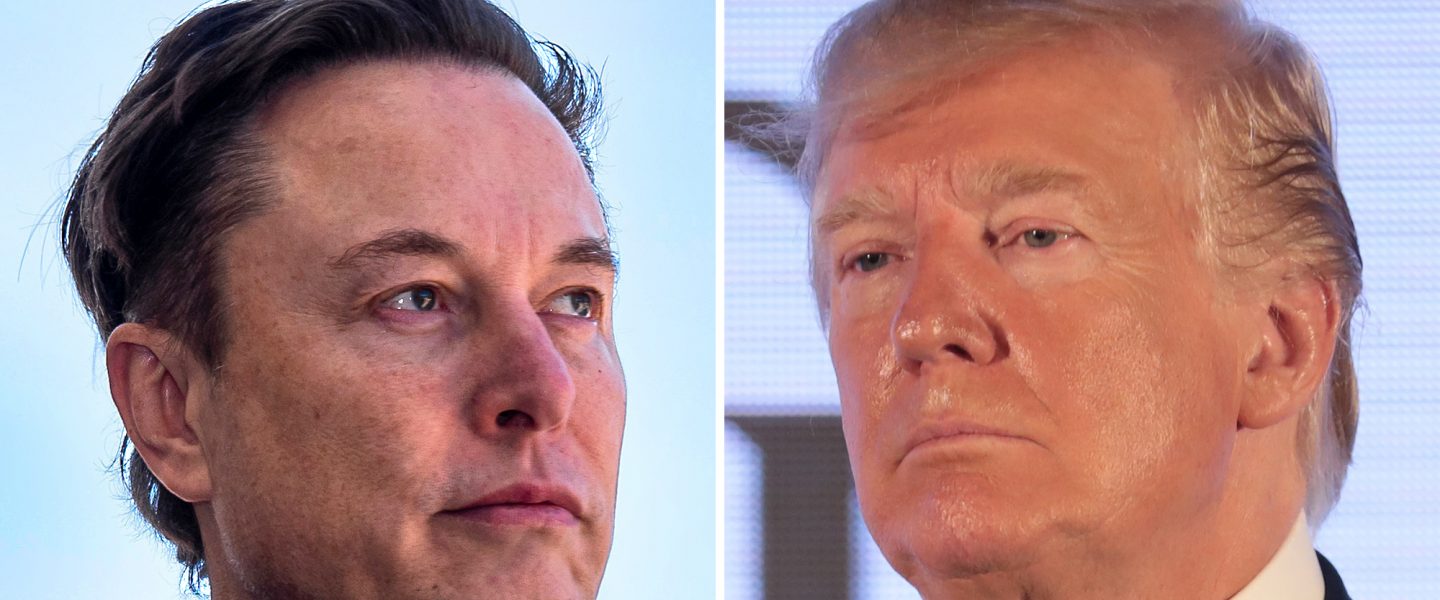Ahead of ‘Interview,’ EU Warns Musk, Trump Against Spreading Harmful Propaganda
The EU Commission is warning Elon Musk to curb the spread of harmful misinformation during his “interview” with Donald Trump on Monday night. Good luck with that!
|
Listen To This Story
|
When Elon Musk, the owner of the online platform formerly known as Twitter, hosts Donald Trump on Monday night, it seems as though a slew of misinformation and propaganda is inevitable.
After all, Trump is one of the great liars of all time, and Musk might be one of the main spreaders of right-wing misinformation (both through his own account and his website, which is now called X).
But, just hours ahead of the “interview,” the European Commission warned Musk that it will be watching closely to ensure that the event complies with European Union rules against the dissemination of harmful information.
“With great audience comes greater responsibility,” stated Europe’s Digital Commissioner Thierry Breton.
He sent an open letter to Musk to remind him that, as the owner of a “Very Large Online Platform,” he is subject to the EU’s Digital Service Act (DSA).
In addition to safeguarding media freedom as well as the freedom of information and expression, Breton noted this means that Musk has to ensure “that all proportionate and effective mitigation measures are put in place regarding the amplification of harmful content in connection with relevant events, including live streaming, which, if unaddressed, might increase the risk profile of X and generate detrimental effects on civic discourse and public security.”
In other words, he wants Musk and Trump to not do the things they do best.
Good luck with that.
Last month, the Commission notified X that the platform had likely violated the DSA by misleading its users, lacking transparency with regard to advertising, and blocking researchers’ access to certain data.
While Musk and his company can now offer a defense, if X is found in non-compliance, it faces a fine of up to 6 percent of the platform’s annual revenue, which means a penalty of up to $200 million.
Since coming out as a hard-core right-winger with some white supremacist tendencies, the South African-born billionaire has sparked concern that he will use his website to advance a specific political agenda.
There have been multiple cases in recent weeks in which Musk, a self-proclaimed free speech champion, has appeared to put his thumb on the scales through X to benefit the GOP.
And, just last week, he drew the ire of the new British government when he predicted that the race riots that had spread through the country (and were stoked by social media) would inevitably lead to a civil war.
Breton hints at that episode in his letter.
Preventing the spread of harmful propaganda “is important against the backdrop of recent examples of public unrest brought about by the amplification of content that promotes hatred, disorder, incitement to violence, or certain instances of disinformation,” the commissioner writes.
Of course, it seems unlikely that the threat of fines will deter Musk from pursuing his agenda, since it is money he has and power he wants.
However, Bruce Daisley, a former Twitter executive responsible for Europe, the Middle East, and Africa, offered a different solution in an op-ed he penned for The Guardian.
“In the short term, Musk and fellow executives should be reminded of their criminal liability for their actions under existing laws,” he wrote. “In my experience, that threat of personal sanction is much more effective on executives than the risk of corporate fines.”

